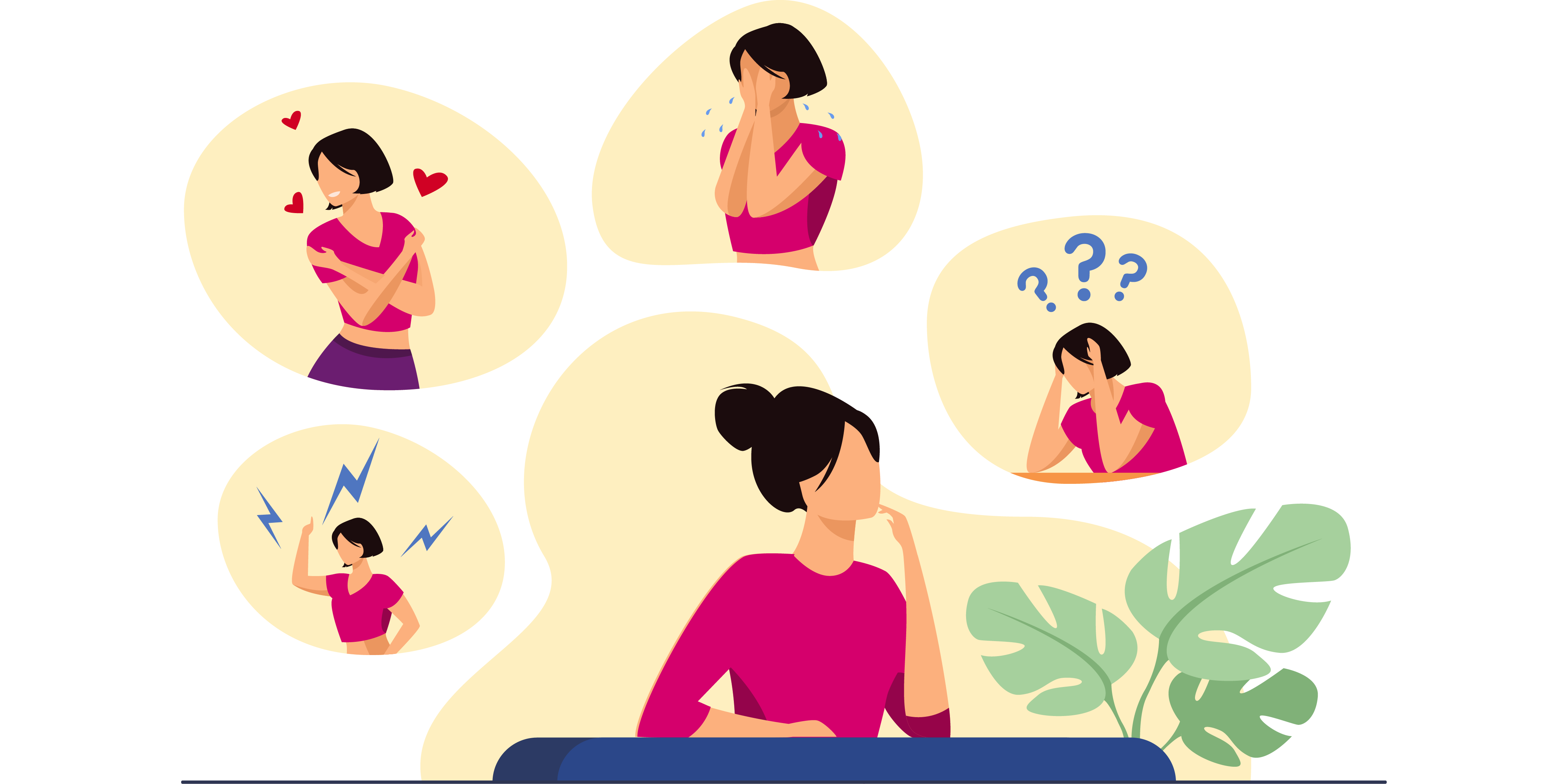
We make efforts to reduce stress, but what we lack are a proper understanding of stress and its triggers. Stress is a feeling of emotional and physical tension. The body reacts to these changes with physical, mental, and emotional responses. Stress is however a normal part of your life and you can experience it from your environment, your body, and your thoughts.
Stress can be positive, such as when it helps you avoid danger or meet a deadline. But when stress lasts for a long time, it may harm your health.
But first, let’s debunk one myth that stress is not necessarily a ‘bad’ thing. Without this brilliant ability to feel stress, humankind wouldn’t have survived. Our cavemen ancestors, for example, used the onset of stress to alert them to potential danger.
Evolution is the process in which traits such as the stress response are shaped by natural selection. Stress-related mechanisms emerged early in the history of life. Like all traits, they have costs as well as benefits. Because the stress response is so often associated with negative events, its utility has often been neglected. In particular, the cortisol response ( “stress hormone”) that is often thought to be the hallmark of the stress response may in fact exist, in part, to protect against other aspects of defensive systems.
Often called the “stress hormone,” the cortisol response causes an increase in your heart rate and blood pressure. It's your natural “flight or fight” response that has kept humans alive for thousands of years. Let us understand the 3 modes of response to stress to get a better understanding of stress:
When your body goes into a state of stress, you may feel agitated and aggressive towards others; this can be due to our bodies’ natural reaction is “fight”. This can be a helpful reaction to ward off predators, but in unnecessary situations, it can negatively affect relationships and ruin reputations.
Some of us avoid our stressors, removing ourselves from the situation instead of tackling it. This can be a sign of the “flight” survival instinct; a function that can save our lives if we find ourselves in dangerous surroundings. However, in everyday life, this natural instinct can lead to a stressful situation escalating, and increase our stress levels when we realise that the stressor isn’t going away and we need to face it.
Unknown to many, there is a third mode that stress can cause; freeze. The energy mobilized by the perceived threat gets “locked” into the nervous system and we ‘freeze’. This response sometimes reveals itself when we breathe. Holding our breath and shallow breathing are both forms of the freeze. The occasional deep sigh is the nervous system catching up on its oxygen intake.
However, the challenge is when our body goes into a state of stress in inappropriate situations. When blood flow is going only to the most important muscles needed to fight or flee, brain function is minimized. This can lead to an inability to ‘think straight’; a state that is a great hindrance in both our work and home lives.
The differences between our environment and that of our ancestors in the case of stress -
Some suggest that life is more stressful now than it was for our predecessors. Special aspects of our environment do cause new kinds of stress. Driving to work, running a corporation, working in a factory and etc arouse the stress system. Despite the amount of stress, we experience, however, our ancestors certainly experienced more. With no police, no food reserves, no medicine, no laws, and with prevalent predators, danger could come at any time. Perhaps in that environment, where stressors were more often physical, the stress response was more useful than it is now. Today, we mainly face social and mental threats and also make efforts to reduce stress and to find drugs that block the stress response without thoroughly understanding stress.